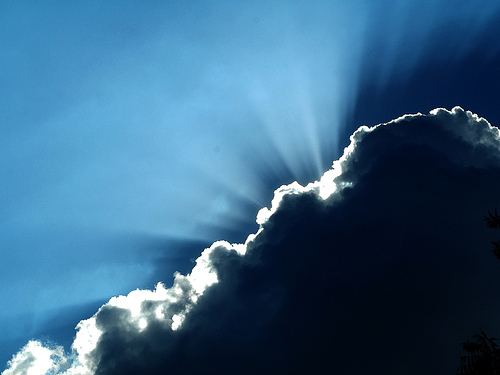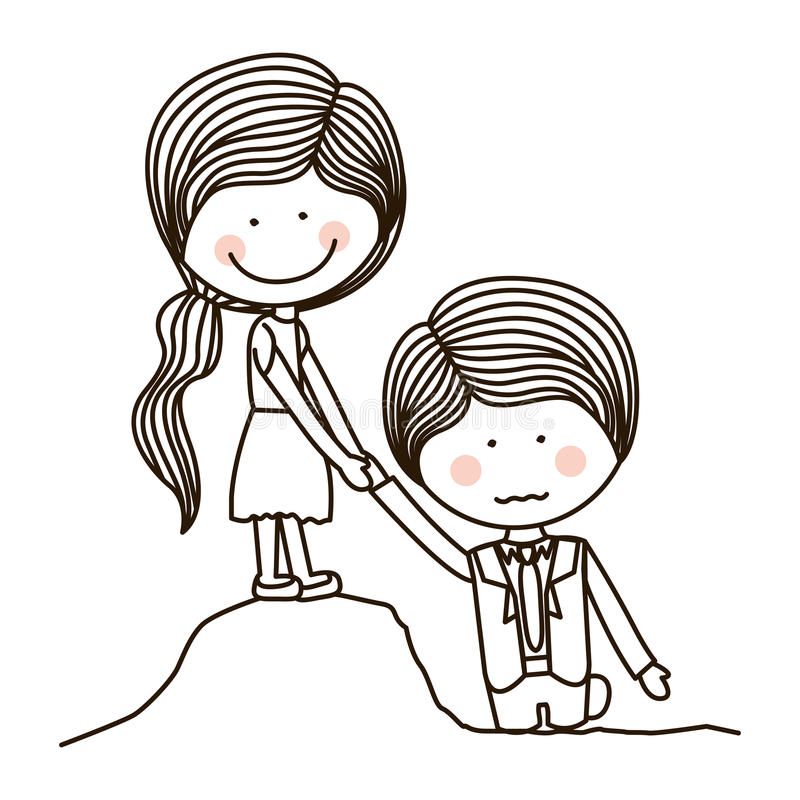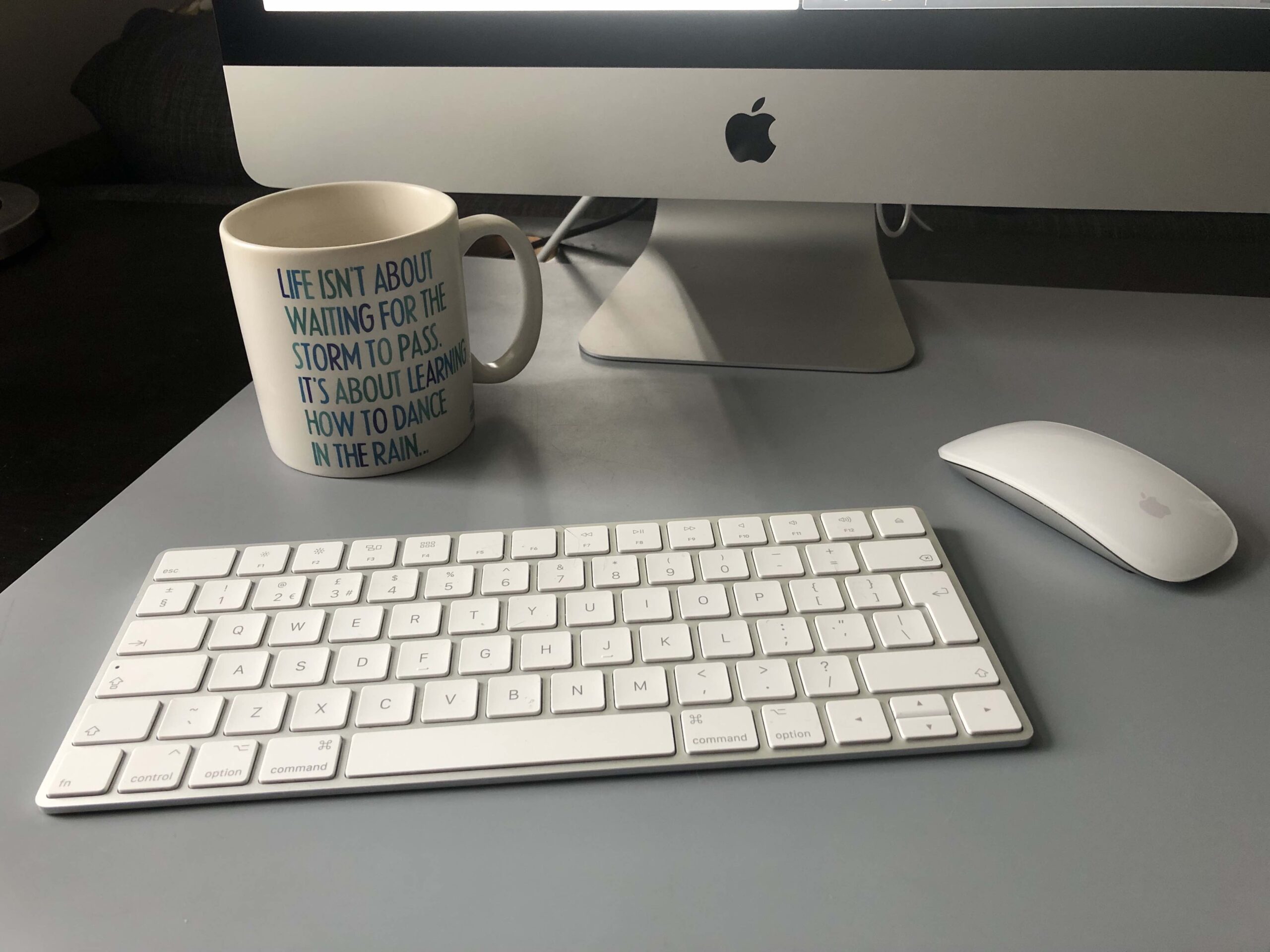 Here we all are, amidst an extraordinary situation. Even as the Covid-19 virus hit China at the end of last year; even as it started to make bigger and bigger headlines in January, I think very few of us would believe we would be in the situation as we are now. For a few days in mid-March, conversations with friends, family and colleagues disclosed the sense of being in a scene from a science fiction film. Surreal, weird, unbelievable. As it became more believable, my own emotional response revved up. My default, when stressed, is to go towards anxiety – as the situation gathered momentum and as we waited to see what happened next, I felt as if a net was tightening; a wave we knew was about to hit the shore yet didn’t know when. I did what I could to prepare, but even then I was aware of my body and mind going in to survival mode: to prepare for my client work, to assist in the preparations at the University to move to online teaching, preparations to prepare my parents and ensure they had everything they needed. Anything other than that felt too much – I could’t read much, I couldn’t keep my mind in my practice, and I didn’t feel a motivation for writing…especially to write about the experience I was going through. Too close, too much. It’s interesting how the survival mechanism shuts us down, has us withdraw, blunts creativity. It is our body’s wisdom, to remain vigilant in the face of threat.
Here we all are, amidst an extraordinary situation. Even as the Covid-19 virus hit China at the end of last year; even as it started to make bigger and bigger headlines in January, I think very few of us would believe we would be in the situation as we are now. For a few days in mid-March, conversations with friends, family and colleagues disclosed the sense of being in a scene from a science fiction film. Surreal, weird, unbelievable. As it became more believable, my own emotional response revved up. My default, when stressed, is to go towards anxiety – as the situation gathered momentum and as we waited to see what happened next, I felt as if a net was tightening; a wave we knew was about to hit the shore yet didn’t know when. I did what I could to prepare, but even then I was aware of my body and mind going in to survival mode: to prepare for my client work, to assist in the preparations at the University to move to online teaching, preparations to prepare my parents and ensure they had everything they needed. Anything other than that felt too much – I could’t read much, I couldn’t keep my mind in my practice, and I didn’t feel a motivation for writing…especially to write about the experience I was going through. Too close, too much. It’s interesting how the survival mechanism shuts us down, has us withdraw, blunts creativity. It is our body’s wisdom, to remain vigilant in the face of threat.
As the net tightened life was hectic, manic. Thankfully I know the world of online working: during my time as a coach my weekly interaction with athletes was over Skype. I know how this medium affects relationships compared to the real world, I know the strain that so much screen time can have, and I am savvy with the technology. Preparing my clients for it was something else; but on the whole, we moved through it together. In these times of uncertainty, I am so grateful I am trained in the existential approach to psychotherapy – this has helped me to help my clients face the ultimate concerns in life: Death, Isolation, Loss of freedom, and Meaningless. No longer theoretical nor philosophical, now very real. It’s one of those times I recognise the privilege in my work – to share the transition into this global threat with others, to share and to grapple with what it is to be a human being. And it is fascinating to observe what happens to our stories during such times – what was important just a week ago recedes, and something else, our existence, becomes figural.

A real challenge was helping our students at the university on counselling and psychotherapy courses move to remote delivery ofteaching. We as a teaching team decided to cancel a week of the programme to ensure we could prepare ourselves and were able to deliver the best we could to our students. Teaching the principles of counselling and psychotherapy, a practice that relies on the relational, is incredibly challenging – let alone when we are required to move from the 3D “in the flesh” to the 2D virtual world. Given my experience of online working I volunteered to produce teaching materials on remote delivery of therapy – as many of our students were also having to shepherd their placement clients to online work. In online tutorials, the groups shared what it feels like to be responsible for the holding of their clients yet they themselves felt like standing on quicksand, the groundlessness of it all. Across the teaching team we recognised one of our roles as providing stability during such a groundless time. Meeting with our students regularly in this time is incredibly important to help withstand the isolation and loneliness that is understandably experienced. At least that is something that can bring all humanity together right now – the connection through experiencing isolation, real and feared.
In this enforced solitude I am experiencing a gradual settling. Now that the virus is upon us, now that we are IN the net, I feel more at ease. As the rites of passage field reminds us, with any life event we must experience the phases of severance (from our old life), threshold (in to the new), and finally, incorporation (the new ‘normal’). I feel like I am making my final adjustments in the transition over the threshold. Yet even though things are settling down, I am still very aware of the waves of emotion that can hit me: anxiety, sadness, anger, grief (repeat). I watch my mind jumping to various ‘objects’ of importance, must do tasks that become “urgent”. My training as a meditator helps me see below the object and appreciate emotion as simply energy. I am transitioning toward, I hope, more contentment with the opportunity that comes from within solitude.
And this is an opportunity. I notice how much more content I am IF I am able to remain in the ‘here and now’ and with ‘what is’. I was speaking with a client about this today, the practice of equanimity. If I look too far ahead there is a risk I get trapped in the storyline of hope and fear – two sides of the same coin according to the Buddhist teachings. Last night I checked the latest news headlines and the message that this might last six months hit me like another tidal wave – the anger within grief, being forced to let go of plans made: the story of losing my birthday, of losing the spring, of losing holidays, of losing the summer; the story of life “being on hold”. I noticed how quickly I went back to anxiety again; and I reminded myself that this is what I do – I guard against feeling the loss (of what was ‘meant’ to be) with a shield of anxiety.
 But as I adjust, I notice more space between successive waves, and they don’t reach the same peaks. There are times when I can really feel myself settle, to be okay with all of this, and to in fact relish the opportunity for practicing with the very triggers and reactions that have been my lifelong defaults. One of the Lojong slogans reminds us “If you can practice when distracted, you are well-trained”. As my favourite tea mug tells me, we don’t have to wait for the storm to pass, there is an opportunity within the storm to learn how to dance in the rain; to open and be with ‘what is’.
But as I adjust, I notice more space between successive waves, and they don’t reach the same peaks. There are times when I can really feel myself settle, to be okay with all of this, and to in fact relish the opportunity for practicing with the very triggers and reactions that have been my lifelong defaults. One of the Lojong slogans reminds us “If you can practice when distracted, you are well-trained”. As my favourite tea mug tells me, we don’t have to wait for the storm to pass, there is an opportunity within the storm to learn how to dance in the rain; to open and be with ‘what is’.
In just over a week’s time my wife and I will be on holiday. We were due to be going to our beloved Normandy for ‘retreat’ time: I had plans for intensive Ngondro practice and book writing. At one point we thought about cancelling our leave taken from work, but then we realised how much we needed to the break – perhaps more than ever now. So, this is a ‘stay-cation’ ‘stay-treat’. We will bring the feel of Normandy over the channel to us here. I know how well the retreat container helps me settle and ground, and I could do with a dose of that. Morning practice, afternoon writing; walks on the downs (for as long as the social distancing guidance allows), and cooking nice meals together in the evening.
The retreat space ahead is needed, and I also want to maintain the anticipated ease gained within solitude for the medium and long term – in essence, how to keep a container even during my (new) normal working rhythm when once out of retreat. If this is a six month challenge, I want to do all I can to keep my (and others’) well-being intact – physical, emotional, relational and spiritual. Having already experienced working-at-home for a lot of my working career, I appreciate the need for clear work-life boundaries and the benefits of rituals and structure. This is a real challenge for us all, and I will be sure to share any ideas I may have in the service of helping others too.
I wish you all well in the coming days and weeks; I hope you find the courage to face what comes your way, and to stay open to the opportunities presented as well as mourning what my be lost. As my recently deceased friend Jamie would say, “take very good care”.
